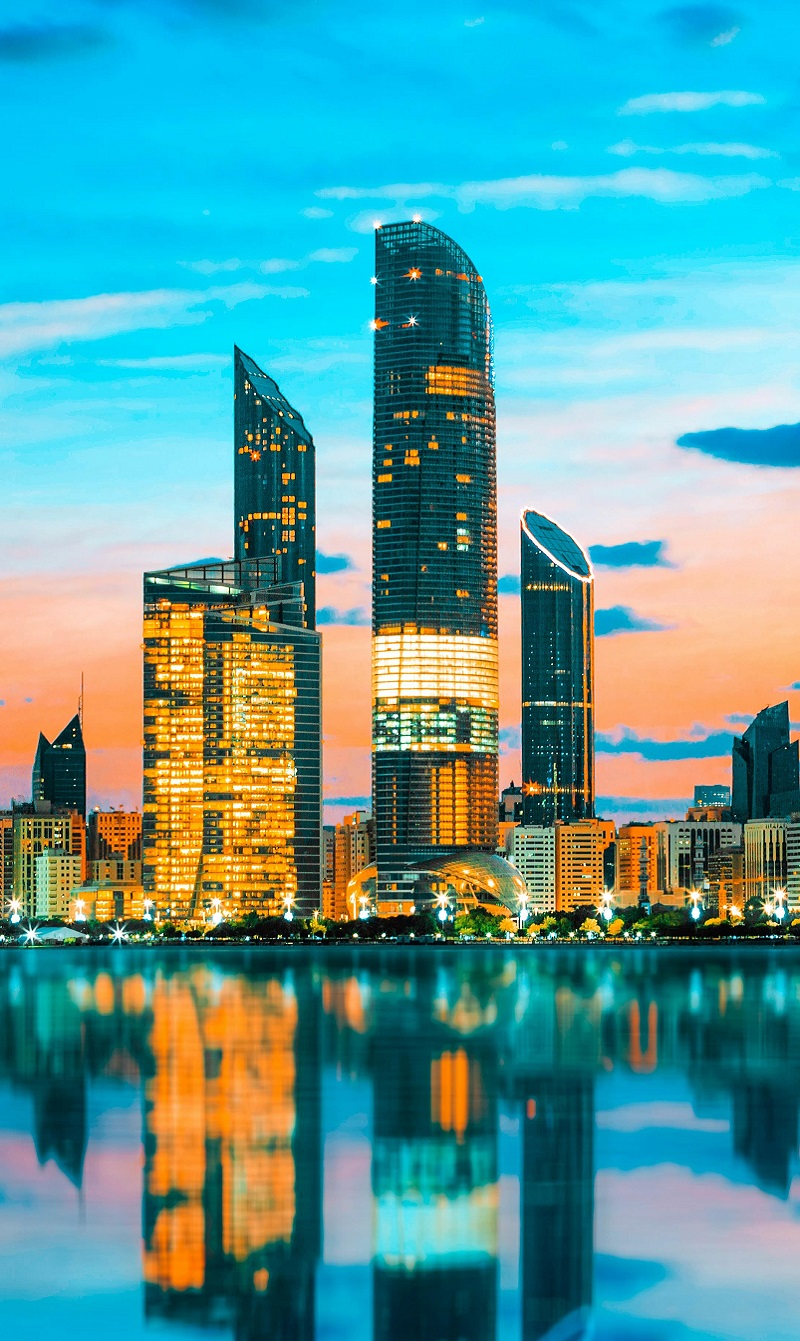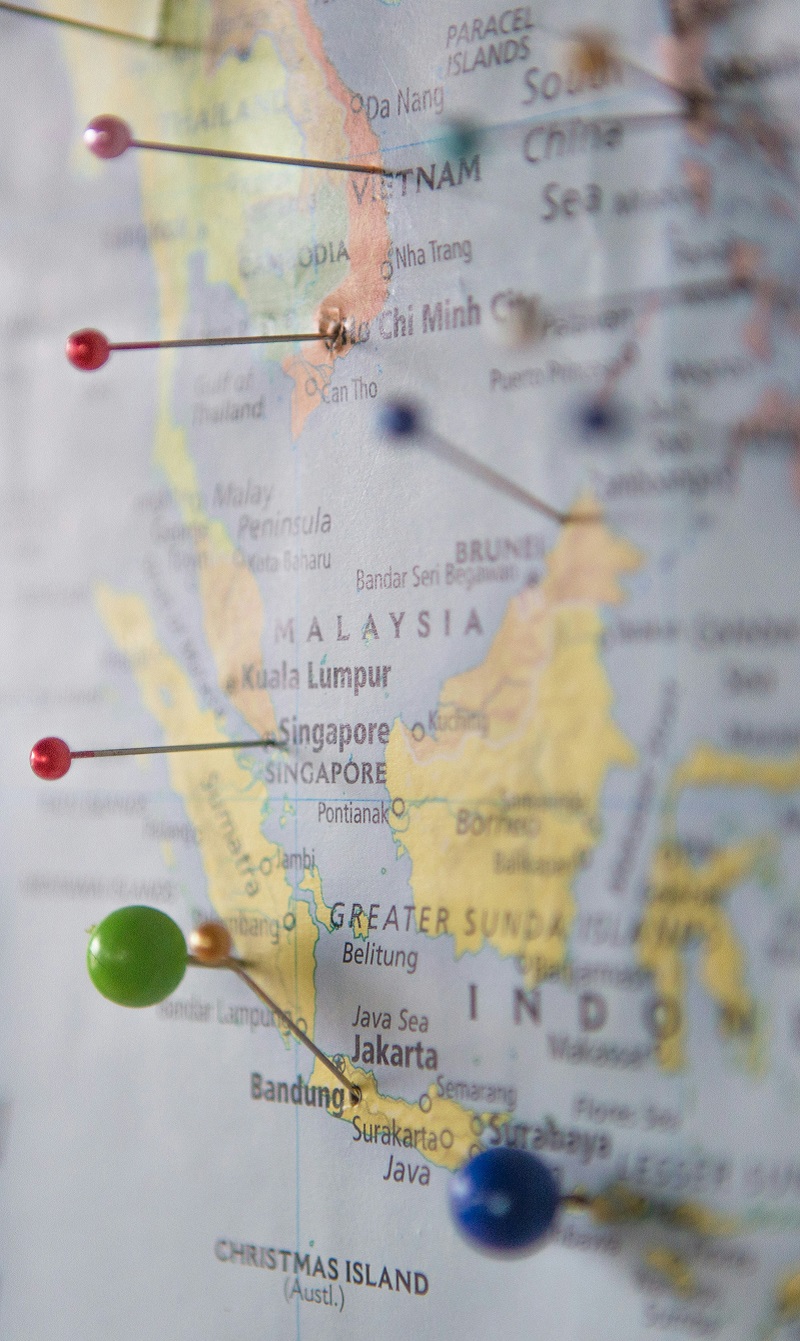Navigating a New Normal
Here, Su Aziz opines on navigating a new norm and takes a look at a few samples of governmental initiatives shaping possibilities during the COVID-19 pandemic and how they could change an economy, as well as fate of businesses having to deal with dissipating sales and vanishing profits. This article first appeared in issue 6 of In Focus magazine.
2020 has been nothing short of eventful. The enthusiasm of welcoming the much-awaited new decade of the 21st century was prematurely suspended by the global call for a lockdown to contain a fast-spreading virus that marked the deadliest pandemic of the century, so far.
Major events that were anticipated in 2020, are now postponed. They include the Summer Olympics that was to introduce five new sports at the Tokyo Games and Expo 2020 in Dubai.
In 2020, COVID-19 has upended life as we know it and thrusted upon us a new normal. And thus, began the great debate of what does the new normal entail?
Breaking it down, the new normal means the absence of most of what we’re used to, as well as the shifting of priorities that now focuses on community, interdependence and solidarity. These are priorities that point toward carbon-neutral, equality, inclusivity and sustainability.
Dotting the world map are countries surfacing for air after months of lockdown, rolling out economic policies that need to stimulate a sluggish economy due to the COVID-19 pandemic and drive long-awaited solutions for environmental issues. Months-long lockdown all over the world, has shown us how the natural world, as well as the environment, thrive from the abeyance of human enterprise and activities, significantly lowering carbon emissions. The pandemic has proven that it’s no longer enough just paying lip service dressed in half-baked attempts. It’s time for result-oriented actions.
Lockdown was looked upon as a harsh strategy that worked for almost all communities in not only flattening the COVID-19 curve, but also in resulting a healthier environment seen through cleaner air, bluer skies, clear waters and thriving wildlife, to name a few. For the environment to remain ‘healthy’ even when the lifting of lockdown everywhere takes effect, truly depends as much on governmental actions, as it does on individuals.
Green solutions woven into economic stimulus packages and policies are noble actions by governments, as pointed out in the accompanying infographic. But change begins with you, and the sentiment rings true now more than ever. The period of COVID-19 quarantine exercised globally, had forced most people to live in moderation at every level including food consumption, physical contact and freedom of movement. This has been a 180-degree turn from privileges most take for granted.
During the lockdown months, many countries started looking inwards for local produce and products since most international trade was paused. In fact, the unthinkable happened – globalisation halted. It paralysed heavily trade-reliant economies, badly impacted businesses which in turn increased unemployment rates by, for example, 26 per cent in India and almost 15 per cent in the United States. Especially for businesses, it was survival of the fittest and a period of weeding out feeble business models that couldn’t withstand rough economic climate.
Bouncing back, many countries have incentivised entrepreneurial efforts in their economic stimulus package. Highlighting the role of entrepreneurs and enterprises as pillars of today’s economic growth and stimulation.
In a nutshell, the new normal enhances the urgent need to address climate change, to encourage entrepreneurial efforts as economic stimulants as well as employment assurance, and to live mindfully. Change is never easy. Now, more than ever, we need each other to navigate a new normal.
Shaping Possibilities Beyond the Pandemic
New Zealand
Economy: Under its post-pandemic budget plan, USD30 billion will be spent over four years to boost the economy and it includes 11,000 environmental jobs to be created.
(source: AP News)
Qatar
Travel: Extremely flexible booking policies include changing of destination on their ticket, to any city the airline serves within 8,000 km flying distance of the original. Qatar Airways has plans to raise its 32-destination list to 78 by the end of June 2020.
(source: Forbes)
Singapore
Travel: Singapore announced plans to launch a fast lane arrangement with several cities in China to facilitate essential travel for business and official purposes between the two countries.
(source: China Global Television Network)
Canada
Business: Large businesses that apply for government loans must publish Annual Climate Disclosure Reports as a measure to identify the business and economic risk being faced by the Climate Crisis.
(source: Forbes)
Japan
Tech: East Japan Railway Company will use tech-driven system by Touch To Go and open 100 unmanned convenience stores within the next four years to reduce human contact. This is in addition to its plan to install walk-through ticket gates that eliminate the need to touch electronic tickets.
(source: The Japan Times)
Costa Rica
Green: It aims to reach zero-carbon by 2050. Under lockdown, and traffic significantly reduced, further propels its 2019 legislation that includes municipalities to build cycle lanes into new motorways.
(source: BBC)
Korea
Green: Turning the green crisis into a green opportunity, Seoul plans to implement Green New Deal during post-pandemic period to create jobs and reduce its carbon emissions.
(source: The Korea Times)
Korea
Economy: A USD62 billion New Deal to reshape its economy during post-pandemic promotes 5G and AI across industries, foster digitalisation in least developed areas, support startups focusing on green tech and make its manufacturing sector energy-efficient.
(source: Bloomberg)
India
Trade: It plans to cut down import dependence, especially from China, by focusing on substitution while taking steps to gain global market share, and fill the gap in terms of countries looking to diversify suppliers.
(source: The Economic Times)
Denmark
Economy: Spending 13 per cent of its GDP, equivalent to USD43.5 billion, in three months to stabilise its economy challenged by the pandemic. The plan includes compensating up to 75 per cent of employees’ salary to avoid mass layoffs and guarantees of 70 per cent bank loans to companies to prevent shut downs.
(source: The Atlantic)
Malaysia
Tech: Its Ministry of Energy and Natural Resources announced the fourth round of its large-scale solar programme to help reactivate Malaysia’s economy post-pandemic. The 1GWac tender is expected to unlock USD927 million in investment and create 12,000 new jobs.
(source: PV Tech)
Main photo by Fusion Medical Animation on Unsplash





